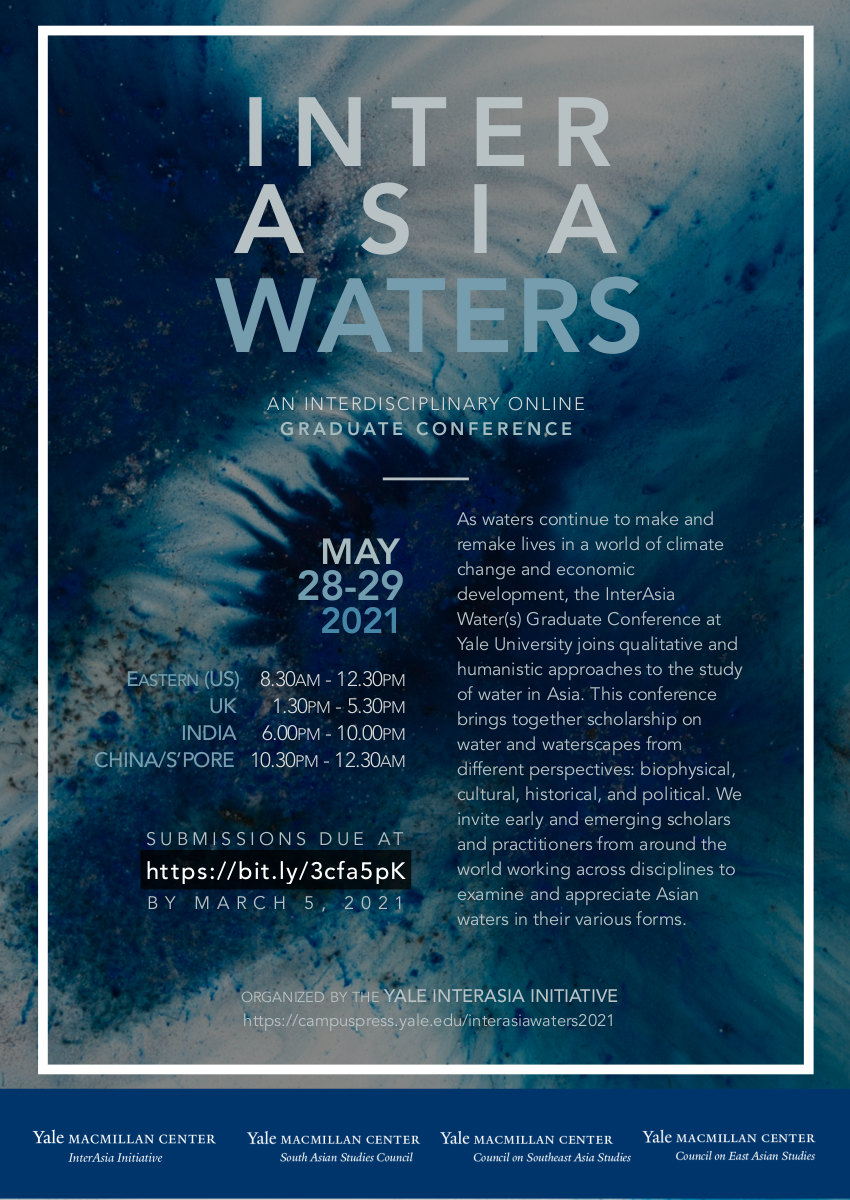Rains, rivers, tides, wells—waters, in their multifarious forms, have long shaped social worlds in and across Asia, as indeed in other parts of the globe. As the recent scholarship on its privatization, commodification, and trade, reminds us, water is a vital resource for human life. But it also exceeds such functions. Water mediates, reveals, nurtures, and obstructs social processes, as a site of mobility and immobility, cultural relationships and meanings, as well as political contestation and negotiations.
Tag: interdisciplinarity
Dangerous Knowledge and Global Environmental Change: Whose Epistemologies Count?
The question of how the social sciences and humanities ought to relate to science, technology, engineering, and medicine (STEM) subjects is a recurrent one. It’s become a burning question in the world of “global change science” of late because the scope, scale, and magnitude of the human impact on Earth is unprecedented. Groups of otherwise sober geoscientists are sounding the alarm, as indicated by the concepts of the “Anthropocene,” “planetary boundaries,” and “global tipping points.” There’s been talk of a “new social contract” between global change researchers and the societies their inquiries are intended to serve. As part of this, geoscientists are now looking to those of us who study diverse human perceptions, norms, values, relations, institutions, and practices. As geoscientists recognize, we need to analyze, interpret, and change the habits of whole societies if we are to reduce and adapt to the enormous biophysical changes we are collectively instigating. Heide Hackmann and coauthors term this the “social heart” of global environmental change (2014). It implies that environmental social scientists and environmental humanists must step forward and make a difference now so that Earth future resembles something far less bleak than imagined by Cormac McCarthy in his shattering novel The Road.
Read More “Dangerous Knowledge and Global Environmental Change: Whose Epistemologies Count?”
